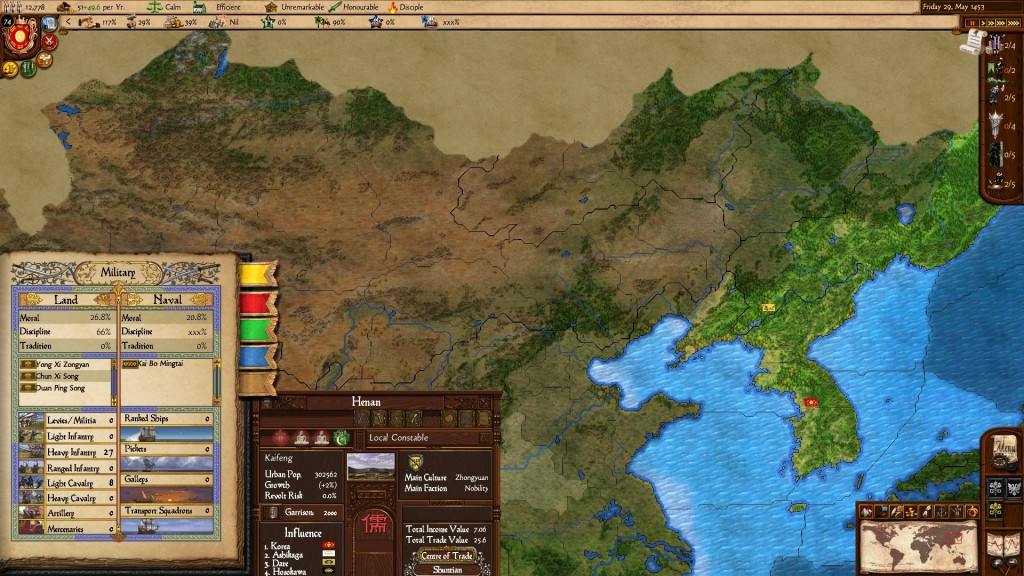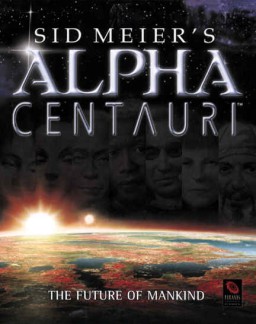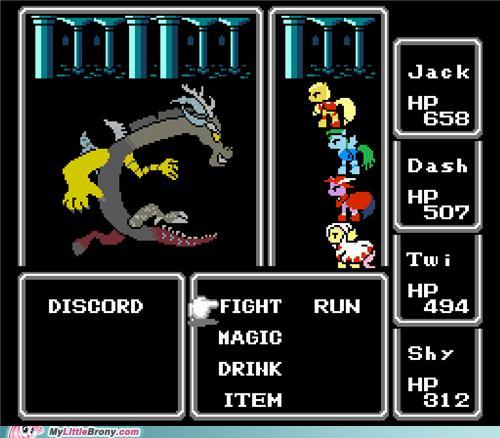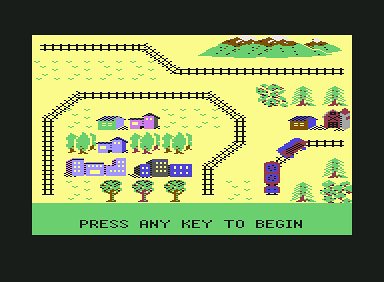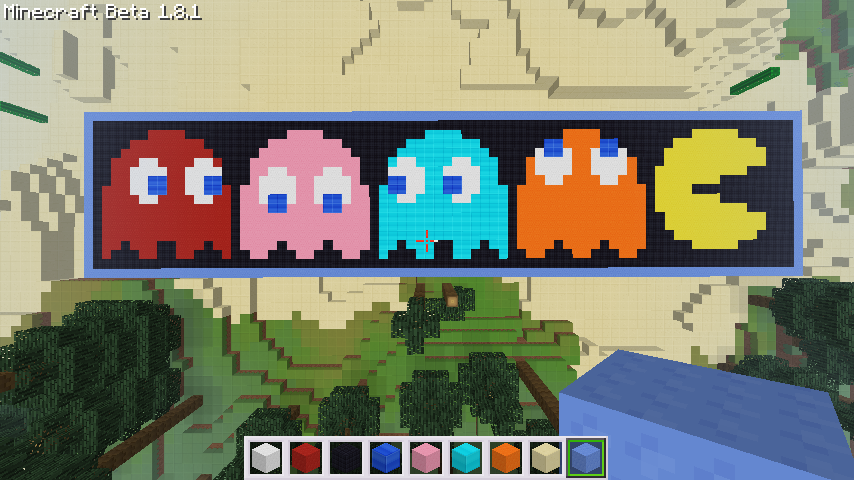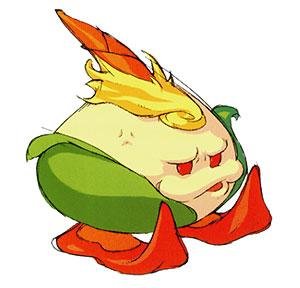So there’s a pretty big mod for EU3 known as Magna Mundi, whose objective was among other things to make handling your country internally a trickier, more involved affair that required attention and thought, rather than mere afterthought. Well, so successful was this mod that they set out to license what they needed from Paradox in order to make it as a standalone game. Now this has worked well before, as we can see in Arsenal of Democracy and Darkest Hour (The latter of which I consider the definitive version of HoI2, in fact), and Magna Mundi the Game (MMtG) aroused plenty of excitement on the Paradox forums.
And then it was cancelled. And they didn’t beat around the bush when they announced it, either. Take a look at this;
“We have seen this project drag on and the code we have gotten has not shown significant improvement for many months. Some old and known problems persists and new ones appear with each delivery.”
Paradox’s executive produce Mattias Lilja then added this;
“Lack of trust; the leadership of [Magna Mundi developers] Universo Virtual has given a sunshine version of the project to Paradox and reacted with irritation and anger when we have pointed out obvious problems with the deliveries. It has come to a point where they claim the project is done, and the game is ready for release – despite the many critical issues found and reported on our end.
Internal strife within the MM team; we have gotten information from members within the MM team desperate to save the project whom report to us that the project lacks active leadership. Key personnel in the project see what Paradox sees but instead gets silenced by the UV leadership.
All in all, these are not circumstances under which we can work with a team and it will now stop. At this point we have no more news than the above.”
Wow! That’s pretty uncompromising stuff there, and there seems to be little reason to doubt them. What do they stand to gain by cancelled, after all? Ubik – the lead developer of the MMtG project – is meanwhile infamous for his hardheadedness and refusal to consider when he’s making a mistake. He is now threatening legal action against Pox, and nobody can quite see what leg he thinks he has to stand on. But he provides much entertainment!
Oh also the UI looked like this.
